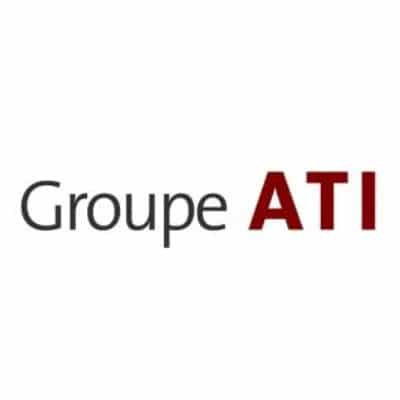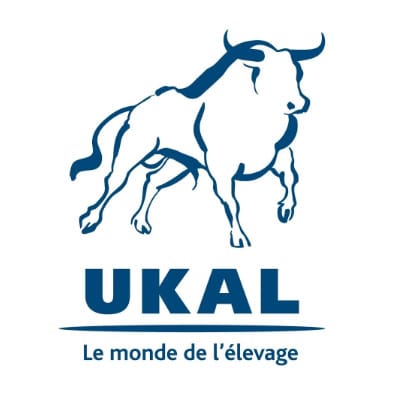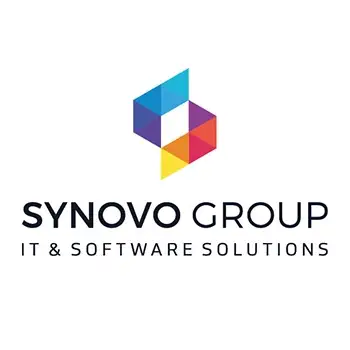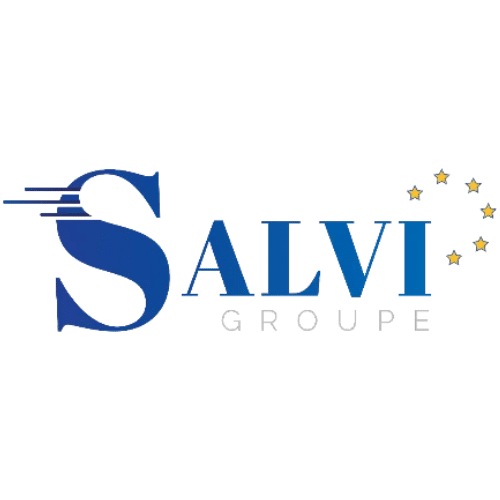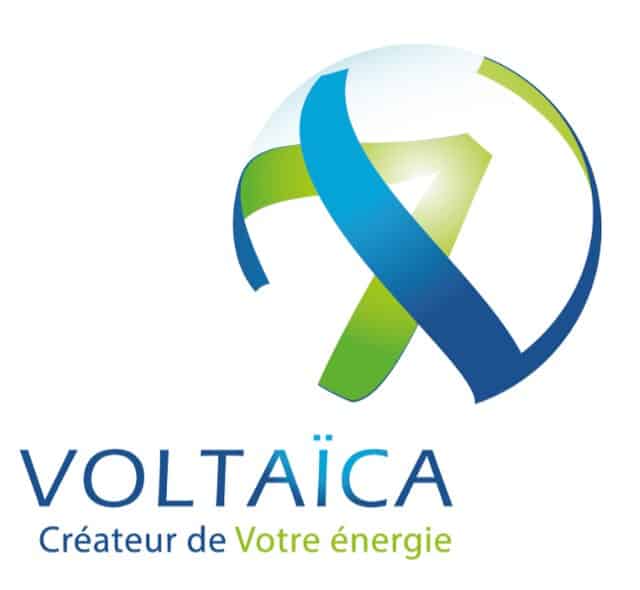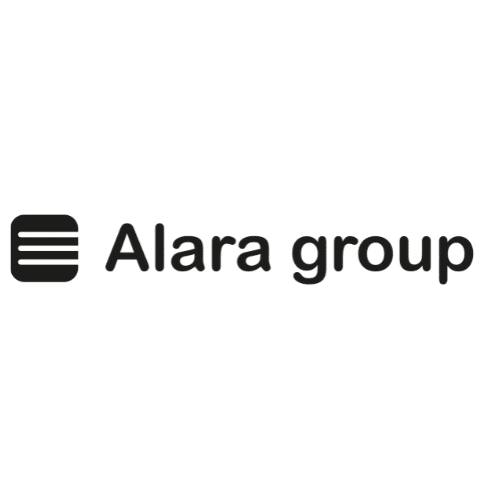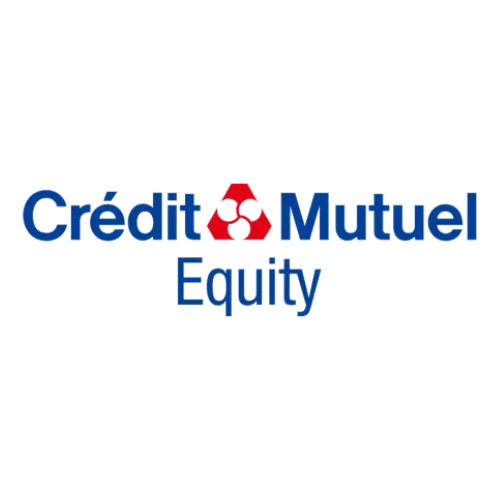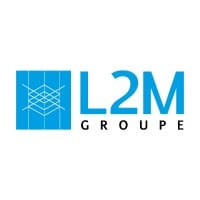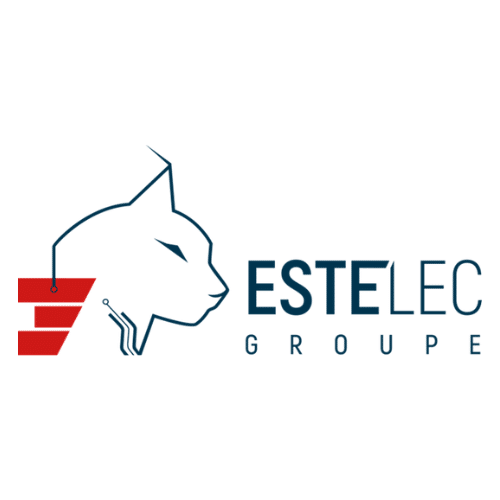What is anBuy-Side Due Diligence ?
An acquisition audit is a key step in the takeover of a company, ensuring the reliability of the information provided and verifying the value amount. As a decisive tool, the acquisition audit secures a transaction, reassures, and produces reliable information on the company’s economic health. Furthermore, its aim is to confirm the absence of discrepancies between the thorough diagnostic of the company’s financial, legal, tax, or social aspects and reality.
What is a
VDD ?
VDD, or Vendor Due Diligence, involves conducting a comprehensive diagnostic of various aspects of the company (financial, legal, tax, or social) by independent parties for potential investors. The benefits of VDD are numerous: providing homogeneous and secure financial information to potential buyers, identifying critical issues for upcoming negotiations, and accelerating the sales process.
Steps of the buy-side due diligence audit and VDD
Recognized for the professionalism, expertise, and performance of its teams’ methods, CAIRUS has become a leader in conducting acquisition audits and VDD.
The combination of all our talents allows us to offer a complete service in supporting successful acquisition transactions.
1 – Defining the scope of work
The scope of the acquisition audit (or VDD) is defined between the buyer (or seller) and CAIRUS auditors based on the selected themes for the intervention (financial, tax, social). It is necessary to consider the topics that require particularly precise analysis and those considered less risky from the transaction’s perspective. The extent of the historical period to be reviewed should also be discussed. We are, of course, present to enlighten the buyer on the crucial points to include in the review and tailor our service offering to the target.
2 – Conducting the acquisition audit and VDD
3 – Delivery of the acquisition audit/VDD report
The work’s output is presented in a report highlighting the main conclusions associated with each segment of the work scope. This report is given either to the buyers (acquisition audit) or to the sellers (VDD). In the case of an acquisition audit, we then present all our findings to the buyer during a discussion meeting. In the case of VDD, CAIRUS passes the document to the buyers and then helps you respond to questions arising from their review.
Choosing CAIRUS
Conducting an acquisition audit or preparing a VDD necessitates partnering with specific experts to best address the chosen themes. A financial audit involves professionals from the world of accounting expertise and financial audit firms. A tax audit, on the other hand, requires the involvement of tax attorneys accustomed to the transactional environment. Lawyers specializing in labor law are also involved in reviewing risks related to employment law. CAIRUS offers a turnkey solution to assist you in the acquisition audit / VDD preparation.
Our offer thus includes conducting the financial audit as well as coordinating the other selected audit themes with our expert partners.
A CAIRUS expert
near you !
FAQ
What are the different categories of acquisition audits ?
There are several categories of acquisition audits, each focusing on specific areas of the target company :
1. Financial Audit : This audit focuses on the financial aspects of the target company, such as financial statements, cash flows, assets and liabilities, financial ratios, accounting policies, taxes, financial risks, and financial commitments.
2. Operational Audit : This audit examines the operations of the target company, including its processes, information systems, supply chain, inventory management, production, quality, logistics, supplier and customer relations, and its ability to meet market demands.
3. Legal Audit : This audit focuses on the legal aspects of the target company, such as legal structure, contracts, ongoing litigation, regulatory obligations, permits, licenses, patents, trademarks, intellectual property issues, and any other potential legal problems.
4. Commercial Audit : This audit assesses the business strategy of the target company, its market positioning, customer base, key customer relationships, competition, competitive advantages, revenue-generating capability, potential growth, diversification opportunities, and associated business risks.
5. Environmental and Regulatory Audit : This audit examines the target company’s compliance with applicable environmental and regulatory regulations, such as environmental standards, environmental permits, safety policies, labor regulations, data privacy policies, etc.
6. Human Resources Audit : This audit evaluates the human resources-related aspects of the target company, such as organizational structure, key personnel, employment contracts, benefits, retirement plans, human resources policies, litigation or compliance issues in the HR area.
What is the difference between a legal audit and an acquisition audit ?
A legal audit and an acquisition audit are two distinct types of audits, each with its own objectives and areas of focus.
A legal audit aims to evaluate and attest to the compliance of a company’s financial statements with generally accepted accounting principles and prevailing accounting standards. The goal is to express an independent opinion on the accuracy, regularity, and fairness of the financial information presented by the company. A legal audit is typically conducted in accordance with prevailing audit standards and the specific regulations of the country where the company operates. It is often mandated by law or regulatory authorities and must be performed by an independent external auditor. In many countries, companies are required by law to conduct a legal audit at regular intervals, depending on their size, legal structure, and industry.
An acquisition audit is conducted in the context of a company acquisition transaction. Its goal is to evaluate and analyze in-depth the financial, operational, legal, and commercial aspects of the target company to provide key information to potential buyers to help them make an informed decision about the acquisition. An acquisition audit is not regulated in the same way as a legal audit. It is not mandatory and can be tailored to the specific needs of the buyer and the acquisition transaction. It can be conducted by internal or external experts engaged by the buyer.
In summary, a legal audit focuses on the compliance of a company’s financial statements, while an acquisition audit thoroughly evaluates the financial, operational, legal, and commercial aspects of a target company in the context of a specific acquisition transaction.
When in the process should an acquisition audit be conducted ?
An acquisition audit is typically conducted after the signing of a letter of intent or a preliminary agreement between the buyer and the seller. Once this initial agreement is in place, the buyer gains access to the target company’s confidential information and undertakes the due diligence audit.
The precise timing of the acquisition audit can vary depending on negotiations between the buyer and seller and the specific characteristics of the transaction. However, it is generally performed before finalizing the definitive acquisition agreement and closing the transaction.
It’s important to note that the due diligence period, including the acquisition audit, is often subject to timelines agreed upon by the parties and can vary based on the complexity of the operation, the size of the target company, and other factors. It is recommended to carefully plan and manage the due diligence period to ensure that the acquisition audit is conducted thoroughly and within the allotted time.
Who can conduct an acquisition audit ?
As a cornerstone of negotiations during a company acquisition, this process must be carried out with care by specific experts to effectively address the selected themes. As such, the audit should only involve professionals from the world of accounting expertise and financial audit firms to ensure the success of the project.
In simplified terms, the agents authorized to perform this type of service fall into five categories: accountants, auditors, legal professionals including tax attorneys or notaries, bankers, and of course specialized firms. Given the complexity of the operation and the potential variety of participants, we advise seeking professionals who offer a comprehensive service and can guide you through this process.
Opportunities Turned Into Success
CAIRUS: Creating Opportunities
9, Rue de Condé
33000 BORDEAUX
bordeaux@cairus.com
2, Rue Albert Rolland
29200 BREST
brest@cairus.com
15, Boulevard de Brosses
21000 DIJON
dijon@cairus.com
GRENOBLE
60, rue des Sources
38920 CROLLES
grenoble@cairus.com
ZAC Ribay Pavillon
1, Impasse Jane Poupelet
72000 LE MANS
lemans@cairus.com
165, Avenue de la Marne
59700 MARCQ-EN-BAROEUL
lille@cairus.com
LYON
132, Rue Bossuet
69006 LYON
lyon@cairus.com
469, Avenue du Prado
13008 MARSEILLE
marseille@cairus.com
26, Avenue Foch
57000 METZ
metz@cairus.com
49 Cours Léopold
54000 Nancy
nancy@cairus.com
4, Rue Edith Piaf (Imm. Asturia C)
44800 SAINT-HERBLAIN
nantes@cairus.com
470, Promenade des Anglais
06000 NICE
nice@cairus.com
32, Rue Etienne Marcel
75002 PARIS
paris@cairus.com
6, Rue Edouard Mignot
51100 REIMS
reims@cairus.com
ROUEN
107, Allée François Mitterrand
Hall A
76100 ROUEN
rouen@cairus.com
11, Avenue de l'Europe
67300 SCHILTIGHEIM
strasbourg@cairus.com



